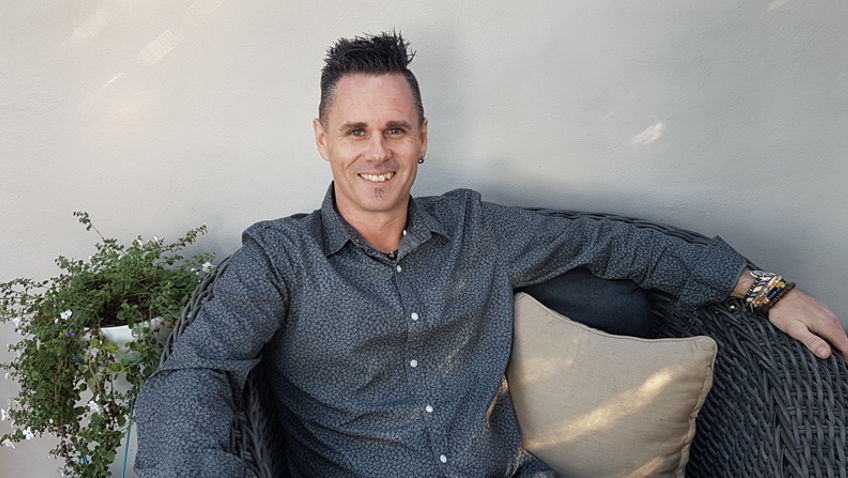What happens in the counselling session?
What sort of topics or experiences are suitable for a counselling session?
Common reasons why people seek out counselling include:
- Relationship difficulties, e.g. frequent fights, extramarital affairs, sexual worries, loss of intimacy.
- Illness, grief and loss.
- Life transition and adjustment issues.
- Personal growth and understanding.
- Addictive behaviours.
- Sexuality and sexual identity.
- Anxiety, stress or depression.
- Individuals or couples considering marriage.
- New parents facing change.
- Bringing up teenagers.
- Separation or divorce issues.
- Loneliness.
- Adjustment to step-family arrangements.
- Violence and abuse in the relationship.
- Workplace problems, retrenchment or retirement.
What can I expect from my first visit?
Most people feel a little nervous before their first counselling or psychotherapy session. These feelings are very normal because you are going to meet somebody that you don’t know and talk about something that troubles or upsets you. Try to remember that we are here to help and on your side. Your first counselling session is a big step but most people discover it is much easier than they had expected. In the first session the therapist will typically ask certain questions about you and your life. Questions he might ask include:
- Why you sought therapy.
- Your personal history and current situation.
- Your current symptoms.
These questions come from a place of curiosity and help the therapist make an initial assessment of your situation.
How often do I need to come to counselling?
Does the Therapist take notes from the session?
Should I seek Counselling or Psychotherapy?
We find this question usually takes care of itself in the first few sessions. Working with a Therapist you will quickly discover what method of therapy works best for your current situation. You determine the therapy by what you choose to focus on, how much time you want to spend, and how deep you wish to explore. Our Therapists are able to work with a counselling or psychotherapy focus and can easily adjust according to your needs.
Why not just use a service that is approved for a Medicare rebate?
- You want to choose your own therapist and style of therapy. The Medicare rebate system limits your choice of therapists, therapeutic modality (style) and the length of time you can be in therapy. Under the rebate system Cognitive Behavioural Therapy (CBT) is the preferred modality of choice, others include Psycho-education, Interpersonal Therapy, and Narrative Therapy (for Aboriginal and Torres Strait Islanders). A key feature of these modalities is that they are time-limited and therefore cost effective (usually a maximum of 10 sessions). Our experience is that the majority of people require more sessions than this to address the underlying issue and provide you with long lasting change. It is not that certain techniques such as CBT aren’t useful or necessary – they are at times – but they don’t address our innate wholeness and the whole story. Paying for therapy is preferable in order to receive the type and length of treatment required to suit your needs. The bottom line is when a third party is responsible for payment, they have the power to influence your therapy.
- You want confidentiality and privacy. Whenever Medicare is used your private information, presenting issue, treatment plan and progress reports (Note: you need a diagnosis and GP referral to receive the rebate) become part of your health records forever. Having a mental health diagnosis on your health records can restrict your ability to qualify for future health and life insurance coverage as well as when applying for employment.
- Finally, you don’t want to be labelled as sick. Whenever Medicare is used for counselling or psychotherapy, the treatment must be “medically necessary,” which means that you must be labelled with a mental illness or mental disorder. There has been widespread criticism of the DSM-V (Diagnostic and Statistical Manual of Mental Disorders) with many professional mental health workers concerned that over diagnosis is leading to the pathologisation of everyday concerns. Paying for therapy gives you the freedom to see a therapist for reasons other than being sick. Many people use counselling and psychotherapy for emotional, psychological and spiritual growth, for coping with stressful life situations, for marriage and family difficulties, as well as for chronic and serious psychological problems.
How much does therapy cost?
Will counselling be confidential?
Yes, anything discussed within the counselling session will remain private and confidential. By law we cannot reveal what is said in a counselling session, furthermore our ethical and moral position as Counsellors means we choose to keep your confidence. The law around confidentiality is complicated and not always clear-cut. There are certain circumstances in which a therapist is legally obliged to pass on information, even if that means breaking confidentiality. A Therapist may have to break confidence if:
- A Child or Children at risk of harm.
- There is the possibility of serious or imminent threat to life, health or property.
- A Therapist is subpoenaed (or Client files are requested) to give evidence in court.
Do I have to prepare beforehand for a counselling session?
How many counselling sessions should I have?
How will you know if counselling has been successful?
At the end of counselling you will be left with a sense of being better able to manage your personal circumstances and a greater sense of personal ‘agency’ to influence the events in your own life. You will have an enhanced emotional ‘tool kit” to help you make decisions and to see things more clearly
Do I really need therapy?
Only you can really answer this question. Our experience is that most people can benefit from counselling or psychotherapy at some point in their lives. It’s important to remember that therapy is not an indication of weakness or being sick. In actual fact many emotionally healthy people undertake regular therapy despite not having the label of being sick or emotionally unwell. Therapy is for everyone and can be useful when navigating the complexities of being fully human.
What if my partner does not want to come to counselling?
Your partner is then always welcome to join in the future. Whether you do this with the existing Counsellor or a new Counsellor is something that is negotiated with you and your partner.





